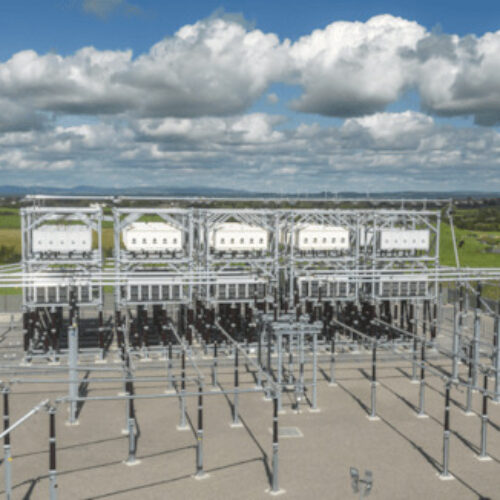Energy-related data must be more accessible and open, according to a report from the Energy Data Taskforce.
The report, commissioned by the government, Ofgem and Innovate UK, issued five recommendations for implementing an integrated data and digital strategy to modernise the UK energy system and drive it towards net zero.
The report found that energy data is often poor quality, inaccurate or missing and the data that is valuable is often restricted or hard to find. The strategy devised by the taskforce to tackle this focuses on filling in data gaps through requiring better quality data and maximising the value of data by embedding the presumption that data is open.
The five detailed recommendations were made:
- Existing legislative and regulatory framework should be used to direct the sector to adopt the principle of digitalisation of the energy system;
- The sector should be directed to adopt the principle that energy system data should be presumed open. This should be supported by requirements that data is discoverable, secure and resilient and with common structures;
- A data catalogue should be established to provide visibility through the standardisation of datasets across government, regulation and industry;
- An asset registration strategy should be created for increased registration compliance and greater data reliability and collection efficiency, and;
- A unified digital system map of the energy system should be created for greater visibility of infrastructure and assets, as well as to enable optimisation of investment and inform the creation of new markets.
A staged approach should be taken, according to the Taskforce, which is run by the Energy Systems Catapult. As part of this approach, what data is missing and what data exists should be identified, system assets and infrastructure should be revealed including location and capabilities and new markets should be unlocked through time, location and service value data.
In addition, regulators should be enabled to adopt a more agile and risk reflective approach through access to more and better data. System optimisation should be supported through enabling operational data to be layered across the assets.
Laura Sandys, chair of the Energy Data Taskforce, said: “Data and digitalisation, while not the sole enablers of Energy System transformation, are essential to optimising the value of assets and infrastructure, driving innovative services, better understanding risks, increasing system resilience, and driving us towards net zero carbon and decentralisation at best value to consumers.”
The recommendations have been welcomed by the industry, with representatives from Energy UK, National Grid ESO, ELEXON and National Infrastructure Commission all praising the report.





